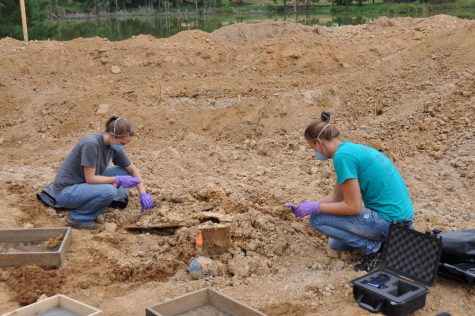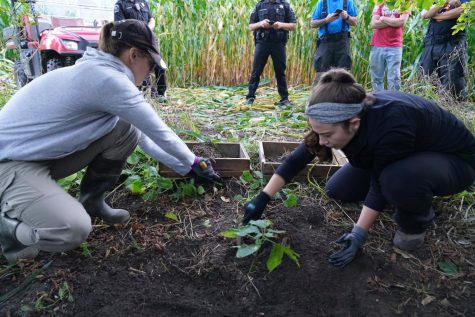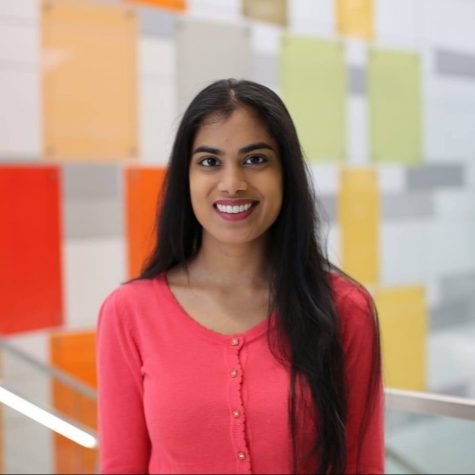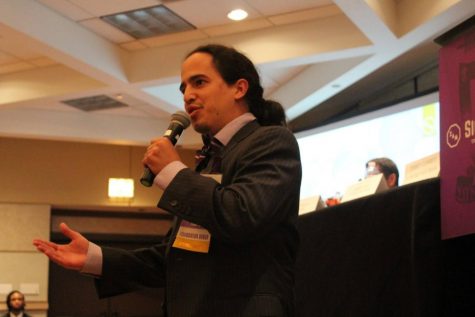The Sci-Files – 06/21/2020 – Amber, Kelly, Micayla – Talking with Skeletons
June 22, 2020
Located in the Department of Anthropology, the Michigan State University Forensic Anthropology Laboratory (MSUFAL) works to uncover stories in human bones. The graduate students, Amber, Kelly and Micayla at the MSUFAL are trained by lab director, Dr. Joseph T Hefner, a board-certified forensic anthropologist, and Dr. Carolyn Isaac in the study of the human skeleton. Forensic anthropologists do many different things from working with the police and medical examiners to scientific research experiments. They commonly work with law enforcement to estimate demographic information, such as age, biological sex, height/stature, and ancestry, in unknown skeletal remains. This information is compared between unidentified skeletons and missing persons’ cases. They analyze trauma including bone fractures that can be related to many different causes such as firearms, car accidents, or falls. Additionally, they examine the skeleton for diseases like arthritis or bony infections.

At the MSUFAL, graduate students assist with forensic casework and carry out their own research projects. In this interview, three lab members briefly describe their research and their relationship to forensic and biological anthropology. Amber Plemons, a fourth-year graduate student, aims to understand how genes and climate interact to shape the human face. She uses statistical modeling that incorporates shape information from the skull to measure the impact of temperature and humidity on facial shape. This study helps us understand why people’s faces are different and dispel the idea of biological race. Kelly Kamnikar, a fourth-year graduate student, examines the ‘ancestry’ part of the biological profile. She looks at variation in the human skull within people living in Latin America to understand if variation can be used reliably to estimate ancestry. She hopes this will improve efforts to identify people who die while trying to cross the U.S.-Mexico border. Micayla Spiros, a second-year graduate student,

focuses on the postcranial skeleton, or all bones below the skull, to see if morphology, or shape, varies in a predictable pattern. She looks at the growth and development of the human skeleton across different cultures to see if these postcranial variations can be used to help estimate ancestry in unknown children and adult skeletons. Each of these three studies are examples of the type of research performed at the MSUFAL, with the ultimate goal to advance our understanding of human variation to further improve efforts in identification.
If you’re interested in talking about your MSU research on the radio or nominating a student, please email Chelsie and Danny at scifiles@impact89fm.org. You can ask questions about future episodes here. Check The Sci-Files out on Twitter, Facebook, Instagram, and YouTube!


































